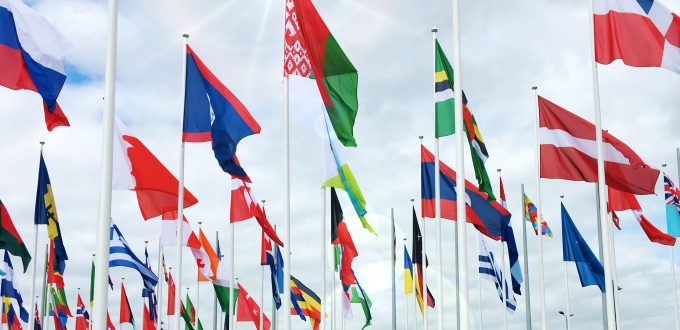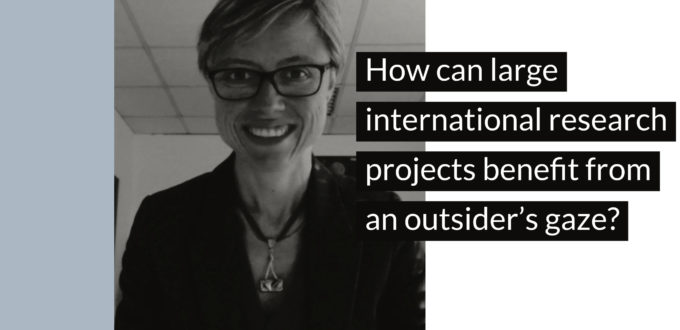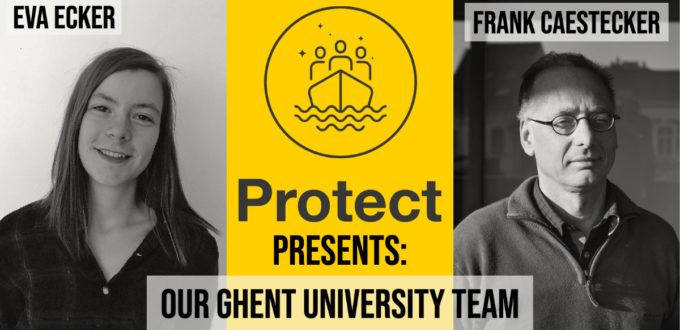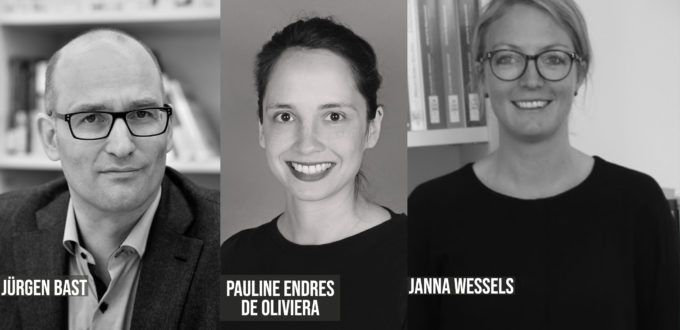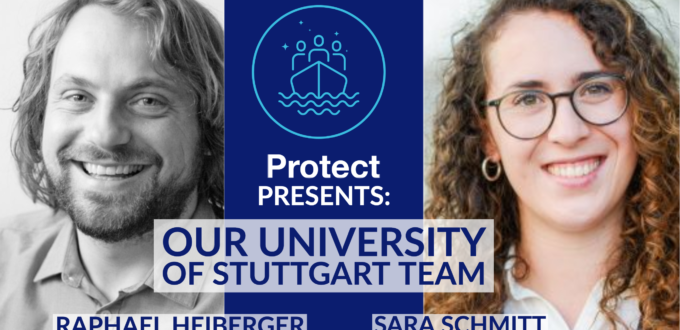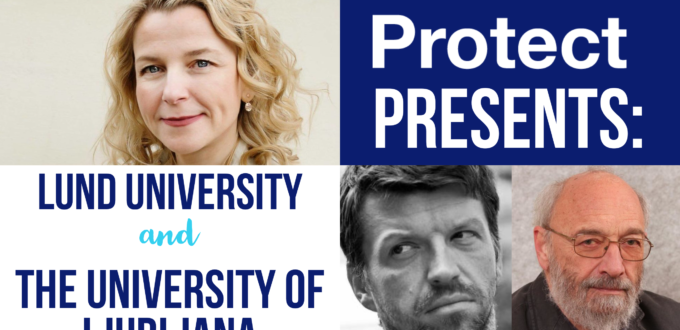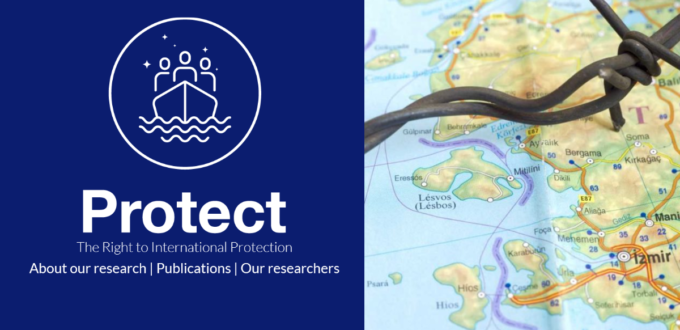According to the UNHCR 2021 Global Trends Report, 1 in every 78 people has been forced to flee worldwide because of persecution, conflict, violence, human rights violations or events seriously disturbing public order – leading up to more than 100 million people being forcibly displaced by May 2022. Pursuant to UNHCR: “As new refugee situations emerge and intensify, and as existing ones reignite or remain unresolved, there is an acute need for durable solutions at increasing scale. The Global Compact on Refugees notes that one strategic priority for the humanitarian community is to identify and support durable solutions that enable refugees to rebuild their lives and live in safety and dignity.” But how far has the international refugee system come in responding to the needs of the refugees? The PROTECT project marks #WorldRefugeeDay by sharing our insights to this question and by sharing our roadmap to a human-rights based refugee protection system. All of which is based on intensive data collection and analysation during the two years of the project.
Expert Forums 2021
Expert Forum II (EU) Can the Global Compact for Migration Strengthen the International Protection Regime? This full-day conference on 10th September explored how the Global Compact for Safe, Orderly and Regular Migration (GCM) affects the rights of refugees and other protection-seeking migrants. Key issues covered were the role of the GCM in providing alternative pathways […]
Eight months in: What have we been up to?
Eight months have passed since PROTECT’s official project launching. Since then, the PROTECT researchers have been working and researching remotely during the Corona-induced lockdowns. In this article you can explore the status of PROTECT’s individual Work Packages and what is next on the agenda for our researchers.
Interviewing PROTECT’s Independent Ethics Adviser Emanuela Ceva:
Eleven partner institutions and Work Packages, nine countries, and three years of cross-disciplinary research: in her role as PROTECT’s Independent Ethics Adviser, Emanuela Ceva’s outsider perspective will assist the consortium in navigating through complex ethical issues and blind spots that may arise along the way: – They may be elusive, but ethical issues are ubiquitous across the entire research actives of large research projects as PROTECT.
PROTECT partner presentations: The Ghent University
Does the institutional location of states’ asylum agencies matter for the quality of their asylum determination? How does states’ institutional re-shuffling of their asylum agencies affect refugees’ right to international protection? These are the questions that PROTECT’s Belgian team from Ghent University seeks to answer as they study the impact of the Global Refugee and Migration Compacts on the governance of international protection. Leading the research is Professor Frank Castecker, on his team is also Ph.D. fellow, Eva Ecker.
PROTECT partner presentations: The University of Giessen
Meet PROTECT’s team of legal scholars from the Justus Liebig University Giessen in Germany, led by one of Europe’s leading experts in migration law, Professor Jürgen Bast. Bast’s team explores the legal implications of the Global Compacts on Refugees and Migrants and how they as young soft-law instruments interact with pre-existing legal frameworks.
PROTECT partner presentations: The University of Stuttgart
Two researchers from the Institute for Social Science at the University of Stuttgart, Germany are part of the international PROTECT consortium: Tenure-track Professor, Raphael Heiko Heiberger, and Research Assistant, Sara Schmitt. By applying their knowledge of computational methods, the Stuttgart team will contribute to analyzing how global media discourses on refugee protection and citizens’ attitudes towards the Global Compacts’ burden- and responsibility-sharing aspects shape political decision making.
PROTECT partner presentations: The University of Ljubljana and the Lund University
By the means of AI-driven technology, PROTECT’s two teams from the University of Ljubljana in Slovenia and Lund University in Sweden will map actors and discourses present in traditional media and social media currently shaping the discourse on international protection on refugees.
Summary
PROTECT studies the impacts of the United Nations’ Global Refugee Compact and Global Migration Compact on the functioning of the international refugee protection system. This investigation is done from the perspectives of political theory, legal theory, cleavage theory, public sphere theory, multilevel global governance, and ethnography. The entities focused on are the UNHCR and IOM (the […]
Press releases from PROTECT
Providing effective protection to refugees is in everyone’s interest Press Release 1 March 2023 Safeguarding the Right to International Protection Press Release 7 February 2023 Horizon 2020 Joint Virtual Event on the Protection of Ukrainian Refugees Photo: Unsplash Press Release 27 April 2022 Policy Roundtable on Co‐designing an inclusive Europe Photo: Inclusive Europe Press Release […]


